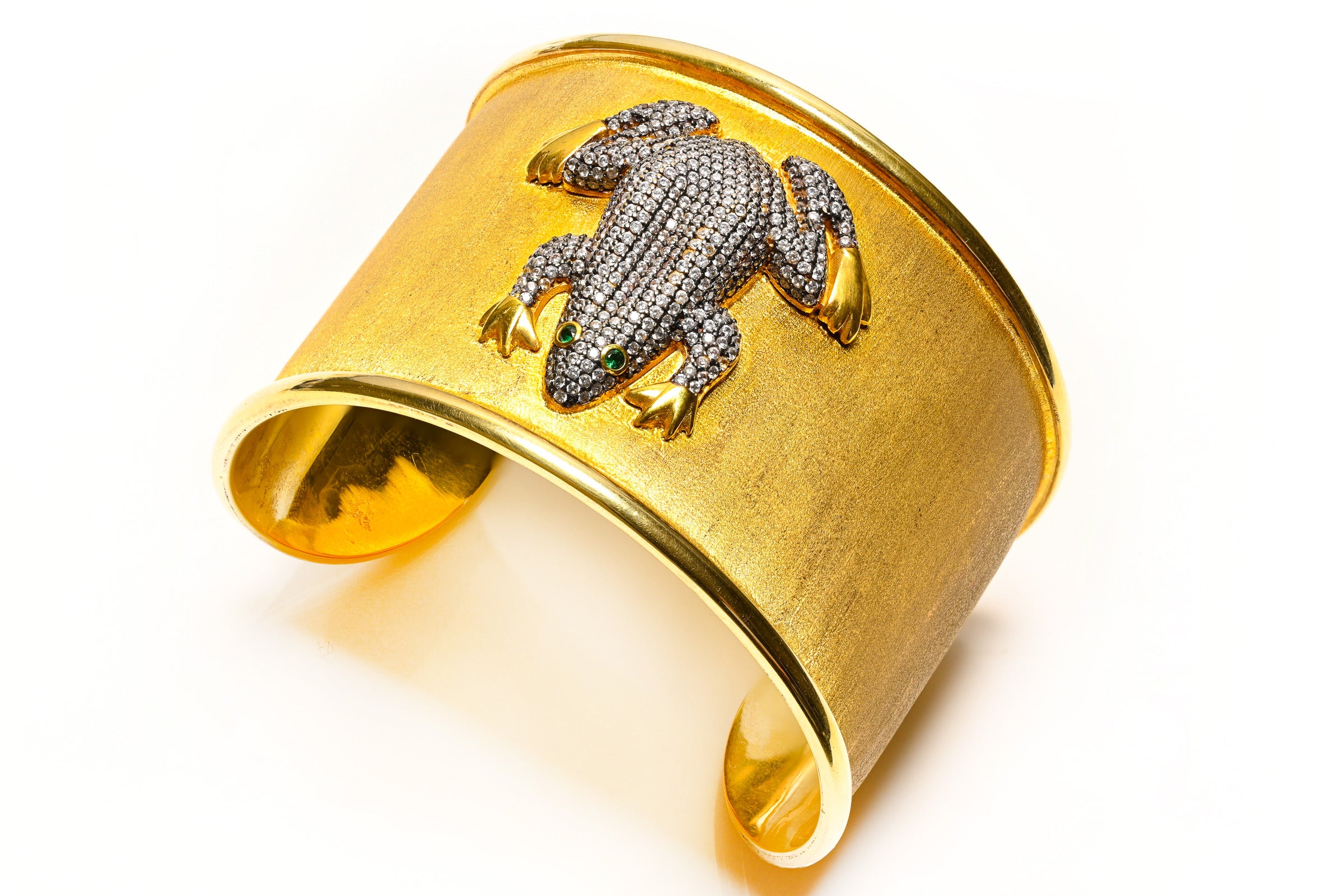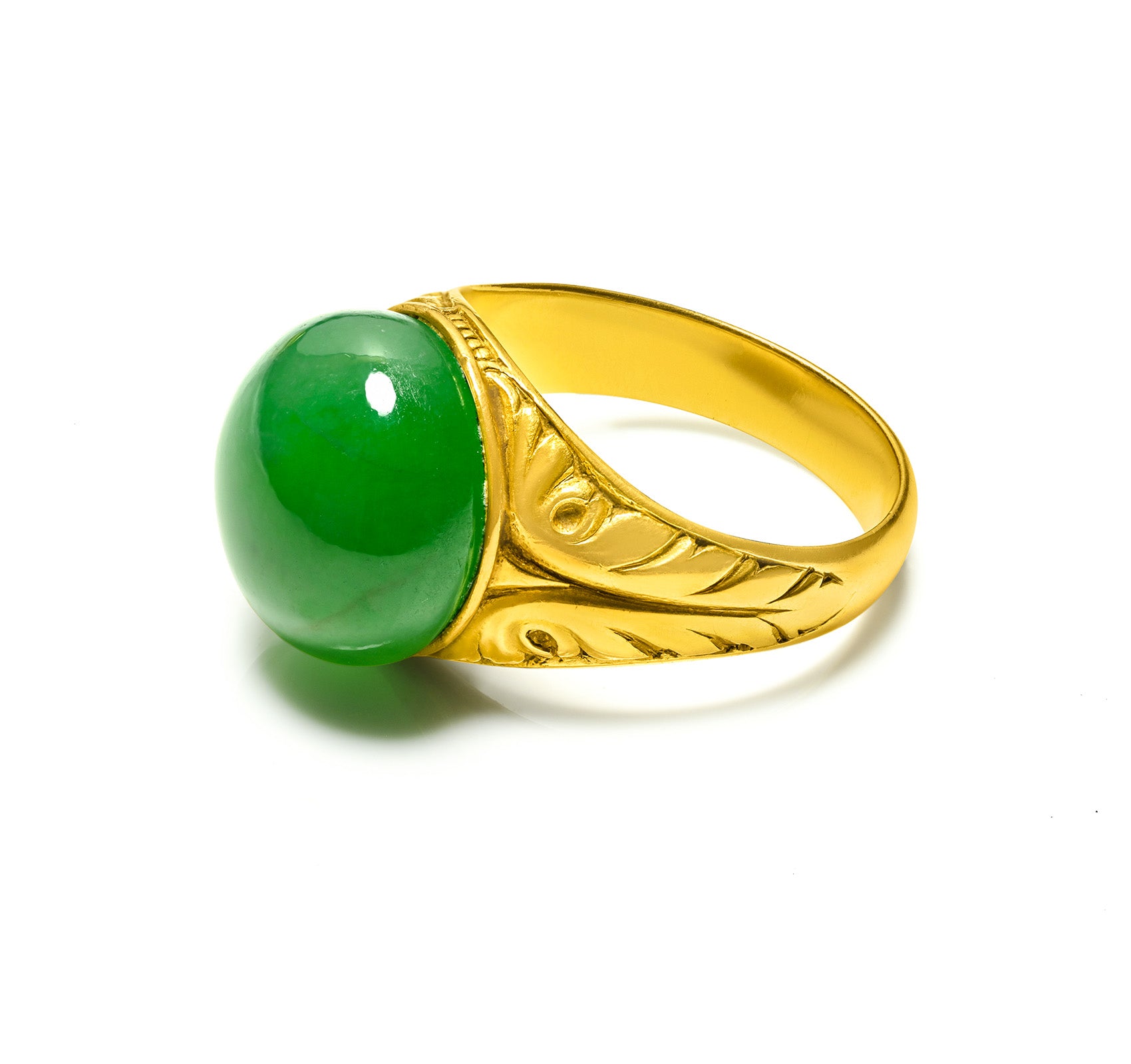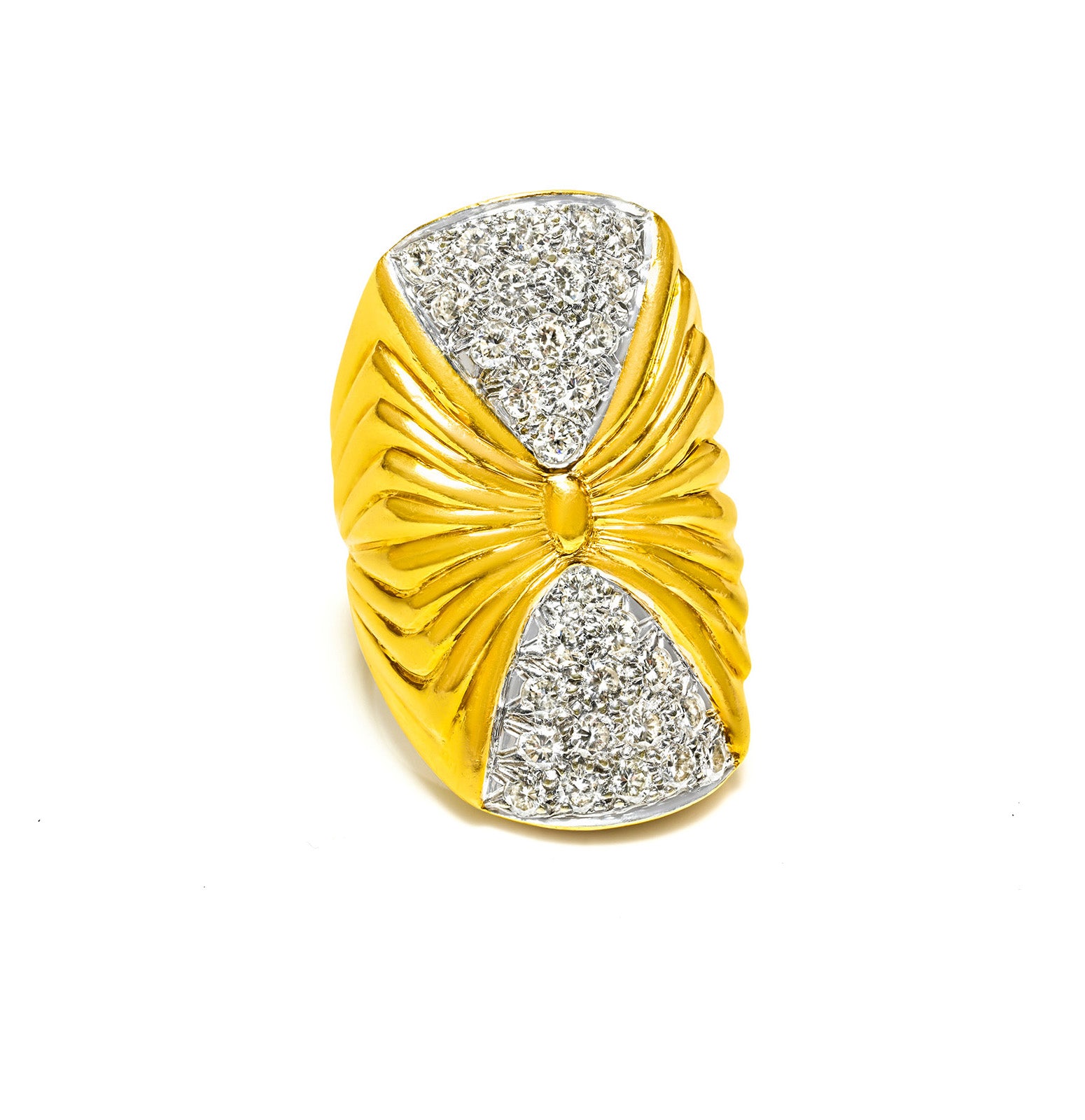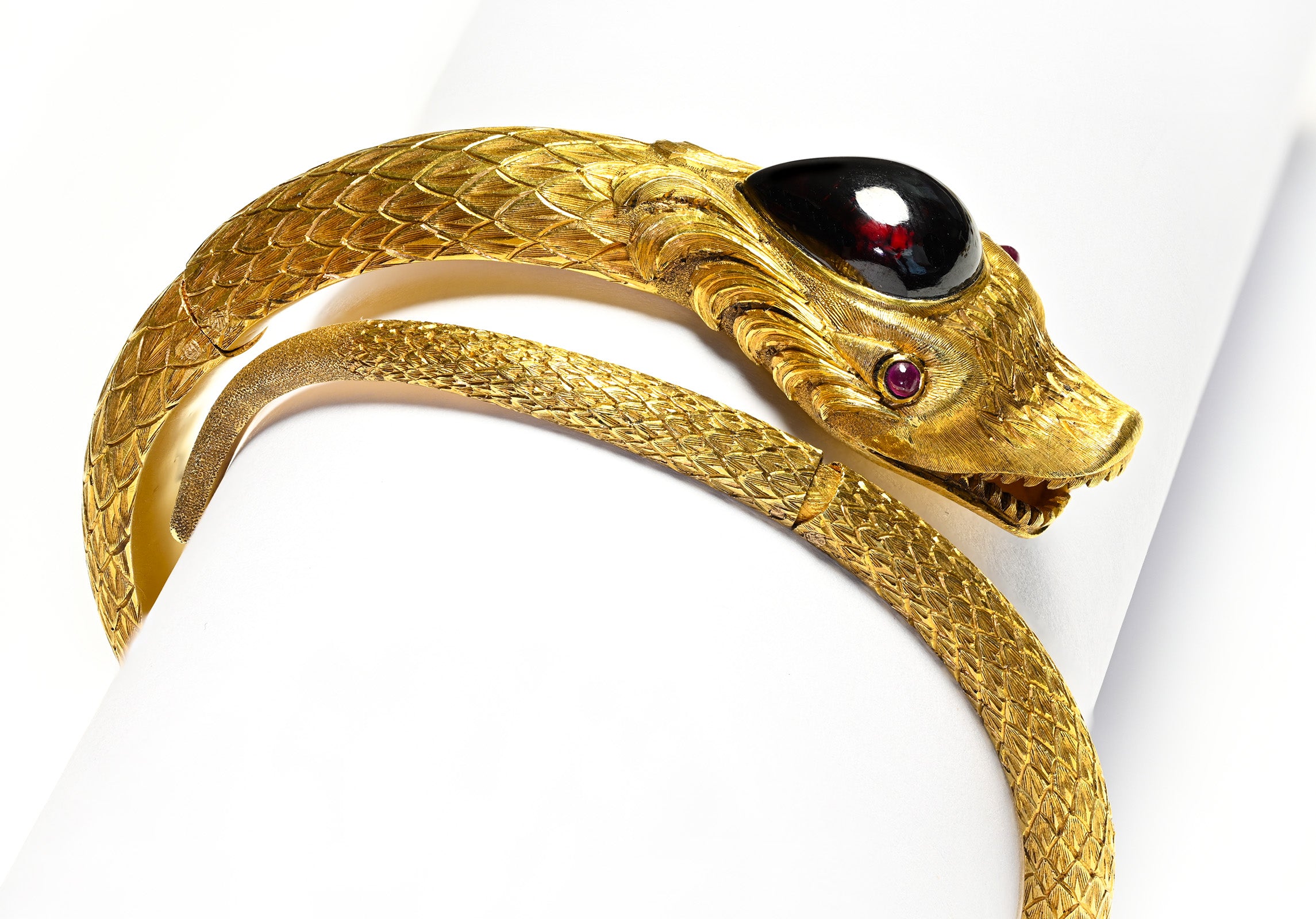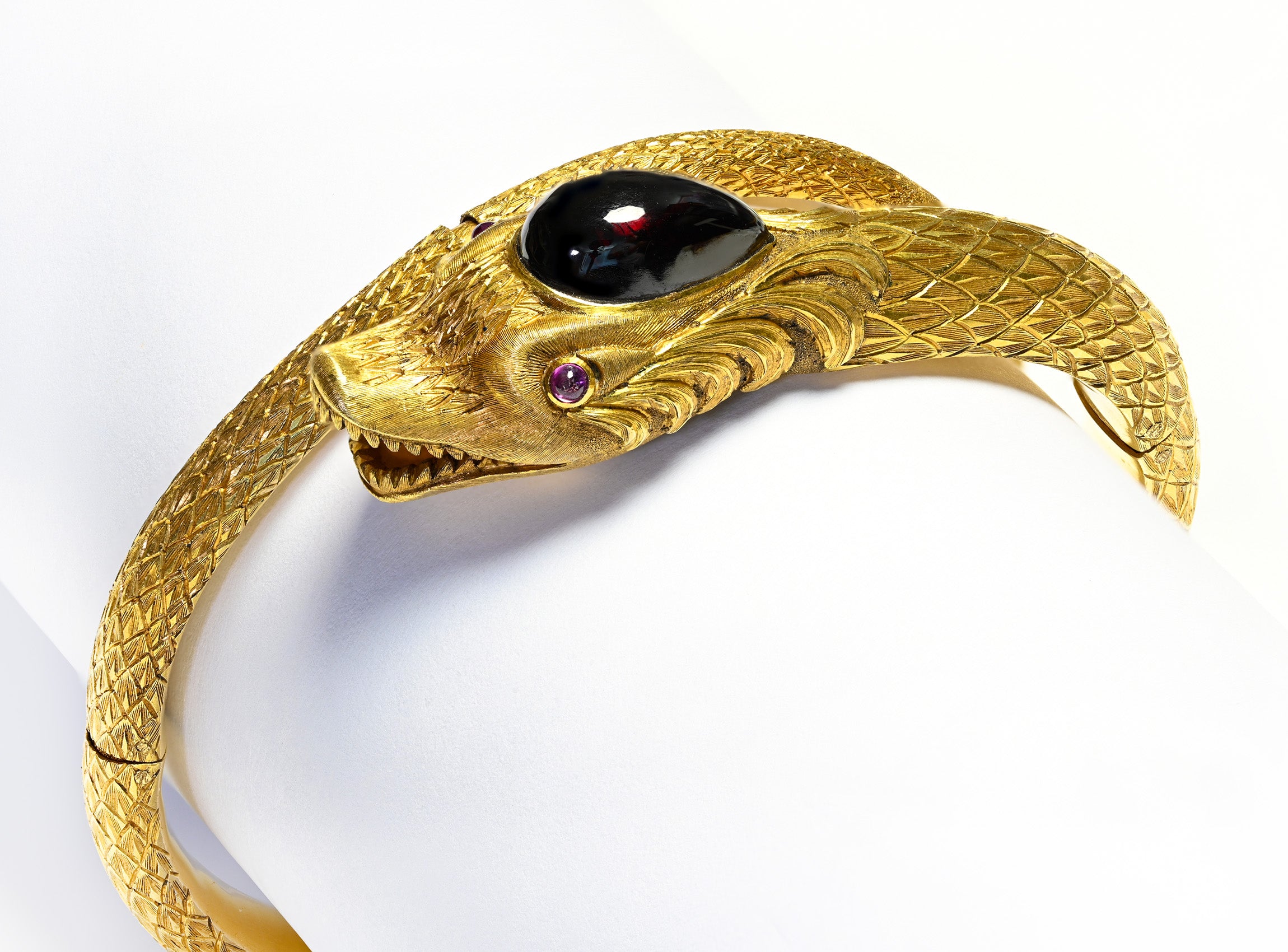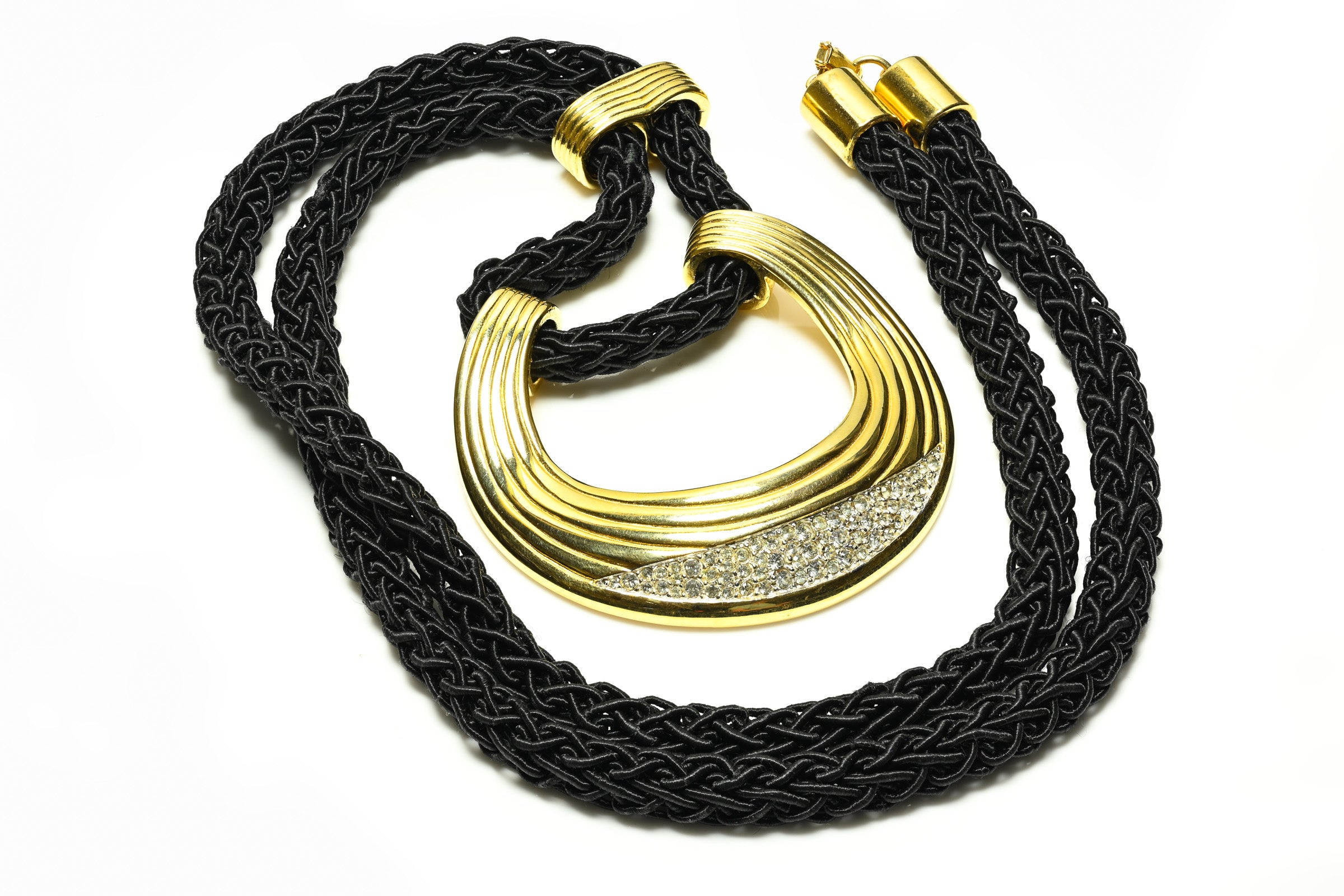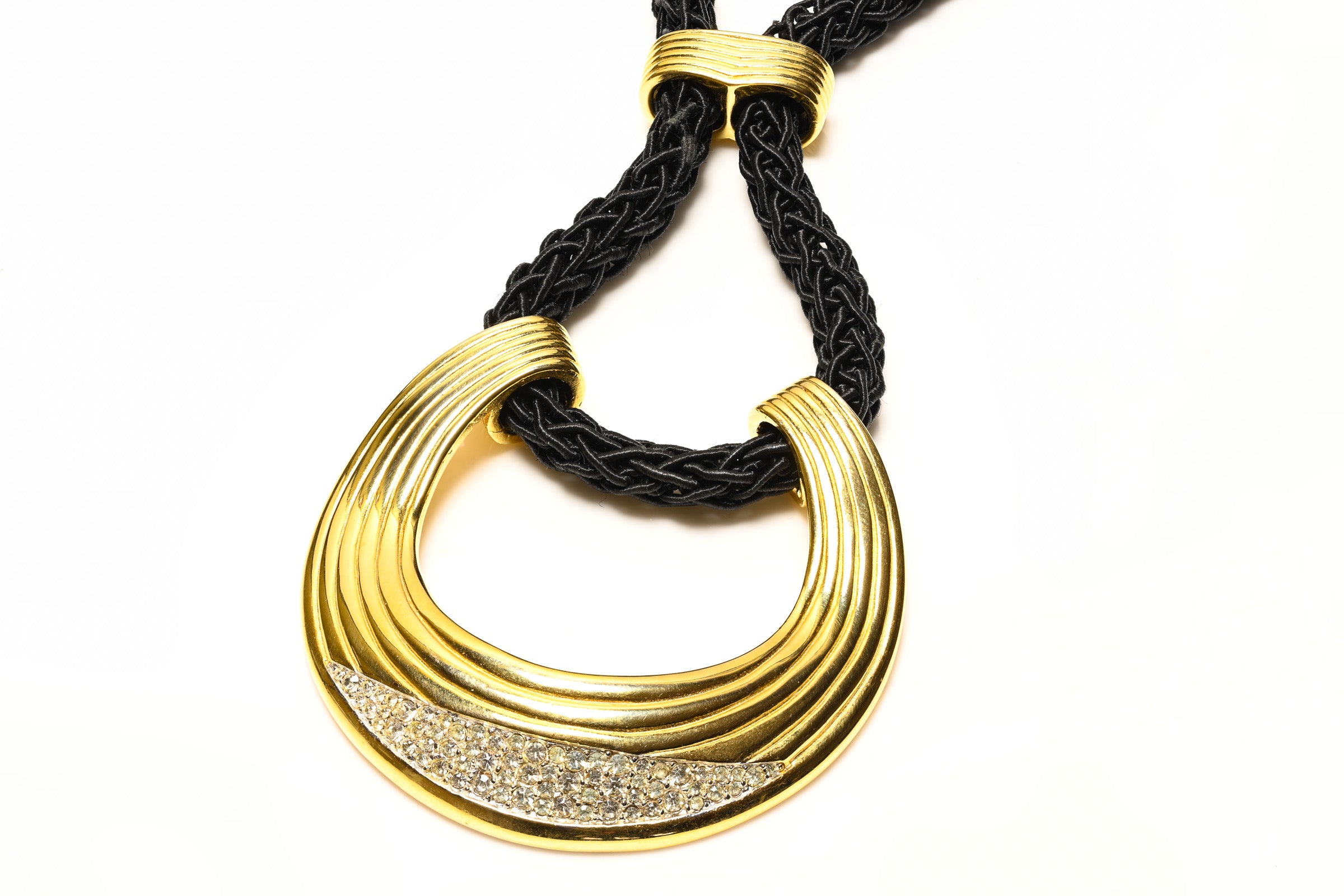
Ancient Wisdom: Your Lifestyle Is An Important Factor In Causing Diseases
Our lifestyle influences our health. According to ancient wisdom, lifestyle is a crucial factor in causing diseases.
In addition to the seven emotions, traditional Chinese medicine teaches that poor diet, trauma, an unbalanced lifestyle, parasites, toxins, a weak constitution, malnutrition, animal or insect bites, food poisoning, and unethical actions are just some of the elements that can cause illness.
From this list above, unethical actions, lifestyle, and diet are the most important factors.
Traditional Chinese medicine states that when someone commits unethical acts, they will backfire in the form of illness or other trials. So moral misconduct is a key issue here.
The mechanism behind this principle is by no means simple, but it is real. Selfishness is at the root of sin, and the moral precepts aim precisely to remove the evil that arises from putting the self first. It is said that one's guilt lies somewhere in the past and that one must atone for it.
Our Lifestyle Can Cause Diseases
Factors leading to an unbalanced lifestyle include sex life, excessive physical and mental activity, lack of activity, inadequate sleep, and lack of exercise.
Sexual Activity
Sexual activity (traditionally known by the Chinese as "bedroom business"), when in excess, becomes harmful to health because it depletes the "essence" of the kidney.
The results of this depletion include back pain, dizziness, lack of energy, premature signs of aging, dental problems, tinnitus, hearing loss, and loss of sight.
Excessive sexual activity, in this setting, refers specifically to ejaculation and orgasm. Regular sexual stimulation unaccompanied by ejaculation actually promotes youthful vigor.
Physical And Mental Activity
Lack of physical activity leads to a stagnation of energy and blood circulation. This process in turn leads to reduced functioning of organ systems. Reduced functioning of organ systems induces fatigue, low immunity, poor circulation, dampness, and hypo-functioning of body processes.

In today's society, hyperactivity is as common a problem as lack of physical activity. Nowadays, we accomplish in days or hours what would have taken us years before; this acceleration creates exhaustion or heat deficit. Heat deficiency manifests itself in night sweats, insomnia, exhaustion accompanied by restlessness, a burning sensation in the palms or soles, and lowered immunity.
Stress caused by overwork is a major cause of high blood pressure, heart disease, and other debilitating illnesses.
Under normal conditions, the energy used in carrying out everyday activities is easily regenerated through proper diet and rest. However, continuous intense activity (e.g. long hours worked overtime for months, or without adequate rest) leads to a physical inability to restore energy. In this case, the body is forced to draw on its own essence reserves, which eventually creates a heat deficit.
Overwork exists in one of three forms: mental overwork, physical overwork, and excessive exercise.
Mental overwork involves long hours of work, often carried out in a confined space under stressful conditions and unreasonable deadlines. This condition also leads to skipped, late or irregular meals that contribute to energy and yin deficiencies. Physical overwork leads to energy depletion, which contributes to blood and yin deficiencies. Excessive exercise depletes energy, blood, yin, and essence. Different postures and movements benefit or harm specific organs.
Sitting, which is associated as an organ with the spleen, moderately is beneficial. In excess, however, it causes poor digestion, poor assimilation, and swelling of the lymph nodes in the abdomen, hips, and thighs. Excessive standing injures the kidneys, leading to lower back pain and frequent urination.
Excessive walking can exhaust the liver. Over-reading, or excessive use of the eyes, damages the heart and causes insomnia or restless sleep. Excessive lying down injures the lungs and leads to shortness of breath, accumulation of lung phlegm, and aggravates existing lung conditions (such as bronchitis or bronchial asthma).
The Chinese Biorhythm Diagram
In her book "Treat Yourself with Chinese Herbs", Lesley Tierra talks about the belief of ancient Chinese medicine which states that our body conforms to a specific biorhythmic cycle, as such, there are optimal times during a day to perform a specific activity.
Energy flows through channels in a well-defined order. Each of the 12 major organs is charged with energy in 2-hour periods, with a complete rotation in 24 hours.
The Chinese biorhythm diagram below shows the correlation between the flow of energy through the channels linked to the main organs and the corresponding time of day:
Time Interval - Active Organ:
Heart: 11 AM - 1 PM
Small intestine: 1 PM - 3 PM
Urinary Bladder: 3 PM - 5 PM
Kidneys: 5 PM - 7 PM
Pericardium: 7 PM - 9 PM
Triple Burner or Three Foci (upper part - distributor of heart and lung essence; middle part - spleen and stomach; lower part - drainage channel through which kidneys and bladder excrete waste): 9 PM - 11 PM
Gall Bladder: 11 PM - 1 AM
Liver: 1 AM - 3 AM
Lungs: 3 AM - 5 AM
Large Intestine: 5 AM - 7AM
Stomach: 7 AM - 9 AM
Spleen: 9 AM - 11 AM
As mentioned above, certain activities are connected to certain times of the day.
For example, according to this system, a nutritious breakfast should be eaten between 7 AM and 9 AM, which is the most suitable time for stomach activity.
Also, sleep between 11 PM and 3 AM has the greatest regenerative power, as this is the time associated with the wood element (11 PM - 3 AM) when the liver cleanses and the blood replenishes.
Similarly, certain imbalances and weaknesses in the body are prone to appear at certain times of the day, as such, the above chart can be used as a useful diagnostic tool.
Symptoms can often indicate the organ with the problem if the timing of the organs is also taken into consideration. For example, it is common for people with poor kidney energy to become very tired in the late afternoon between 3 PM and 7 PM (water time).
Also, people with lung disease often wake up between 3 AM and 5 AM with shortness of breath and can't go back to sleep.
In addition to the seven emotions, traditional Chinese medicine teaches that poor diet, trauma, an unbalanced lifestyle, parasites, toxins, a weak constitution, malnutrition, animal or insect bites, food poisoning, and unethical actions are just some of the elements that can cause illness.
From this list above, unethical actions, lifestyle, and diet are the most important factors.
Traditional Chinese medicine states that when someone commits unethical acts, they will backfire in the form of illness or other trials. So moral misconduct is a key issue here.
The mechanism behind this principle is by no means simple, but it is real. Selfishness is at the root of sin, and the moral precepts aim precisely to remove the evil that arises from putting the self first. It is said that one's guilt lies somewhere in the past and that one must atone for it.
Our Lifestyle Can Cause Diseases
Factors leading to an unbalanced lifestyle include sex life, excessive physical and mental activity, lack of activity, inadequate sleep, and lack of exercise.
Sexual Activity
Sexual activity (traditionally known by the Chinese as "bedroom business"), when in excess, becomes harmful to health because it depletes the "essence" of the kidney.
The results of this depletion include back pain, dizziness, lack of energy, premature signs of aging, dental problems, tinnitus, hearing loss, and loss of sight.
Excessive sexual activity, in this setting, refers specifically to ejaculation and orgasm. Regular sexual stimulation unaccompanied by ejaculation actually promotes youthful vigor.
Physical And Mental Activity
Lack of physical activity leads to a stagnation of energy and blood circulation. This process in turn leads to reduced functioning of organ systems. Reduced functioning of organ systems induces fatigue, low immunity, poor circulation, dampness, and hypo-functioning of body processes.

In today's society, hyperactivity is as common a problem as lack of physical activity. Nowadays, we accomplish in days or hours what would have taken us years before; this acceleration creates exhaustion or heat deficit. Heat deficiency manifests itself in night sweats, insomnia, exhaustion accompanied by restlessness, a burning sensation in the palms or soles, and lowered immunity.
Stress caused by overwork is a major cause of high blood pressure, heart disease, and other debilitating illnesses.
Under normal conditions, the energy used in carrying out everyday activities is easily regenerated through proper diet and rest. However, continuous intense activity (e.g. long hours worked overtime for months, or without adequate rest) leads to a physical inability to restore energy. In this case, the body is forced to draw on its own essence reserves, which eventually creates a heat deficit.
Overwork exists in one of three forms: mental overwork, physical overwork, and excessive exercise.
Mental overwork involves long hours of work, often carried out in a confined space under stressful conditions and unreasonable deadlines. This condition also leads to skipped, late or irregular meals that contribute to energy and yin deficiencies. Physical overwork leads to energy depletion, which contributes to blood and yin deficiencies. Excessive exercise depletes energy, blood, yin, and essence. Different postures and movements benefit or harm specific organs.
Sitting, which is associated as an organ with the spleen, moderately is beneficial. In excess, however, it causes poor digestion, poor assimilation, and swelling of the lymph nodes in the abdomen, hips, and thighs. Excessive standing injures the kidneys, leading to lower back pain and frequent urination.
Excessive walking can exhaust the liver. Over-reading, or excessive use of the eyes, damages the heart and causes insomnia or restless sleep. Excessive lying down injures the lungs and leads to shortness of breath, accumulation of lung phlegm, and aggravates existing lung conditions (such as bronchitis or bronchial asthma).
The Chinese Biorhythm Diagram
In her book "Treat Yourself with Chinese Herbs", Lesley Tierra talks about the belief of ancient Chinese medicine which states that our body conforms to a specific biorhythmic cycle, as such, there are optimal times during a day to perform a specific activity.
Energy flows through channels in a well-defined order. Each of the 12 major organs is charged with energy in 2-hour periods, with a complete rotation in 24 hours.
The Chinese biorhythm diagram below shows the correlation between the flow of energy through the channels linked to the main organs and the corresponding time of day:
Time Interval - Active Organ:
Heart: 11 AM - 1 PM
Small intestine: 1 PM - 3 PM
Urinary Bladder: 3 PM - 5 PM
Kidneys: 5 PM - 7 PM
Pericardium: 7 PM - 9 PM
Triple Burner or Three Foci (upper part - distributor of heart and lung essence; middle part - spleen and stomach; lower part - drainage channel through which kidneys and bladder excrete waste): 9 PM - 11 PM
Gall Bladder: 11 PM - 1 AM
Liver: 1 AM - 3 AM
Lungs: 3 AM - 5 AM
Large Intestine: 5 AM - 7AM
Stomach: 7 AM - 9 AM
Spleen: 9 AM - 11 AM
As mentioned above, certain activities are connected to certain times of the day.
For example, according to this system, a nutritious breakfast should be eaten between 7 AM and 9 AM, which is the most suitable time for stomach activity.
Also, sleep between 11 PM and 3 AM has the greatest regenerative power, as this is the time associated with the wood element (11 PM - 3 AM) when the liver cleanses and the blood replenishes.
Similarly, certain imbalances and weaknesses in the body are prone to appear at certain times of the day, as such, the above chart can be used as a useful diagnostic tool.
Symptoms can often indicate the organ with the problem if the timing of the organs is also taken into consideration. For example, it is common for people with poor kidney energy to become very tired in the late afternoon between 3 PM and 7 PM (water time).
Also, people with lung disease often wake up between 3 AM and 5 AM with shortness of breath and can't go back to sleep.




